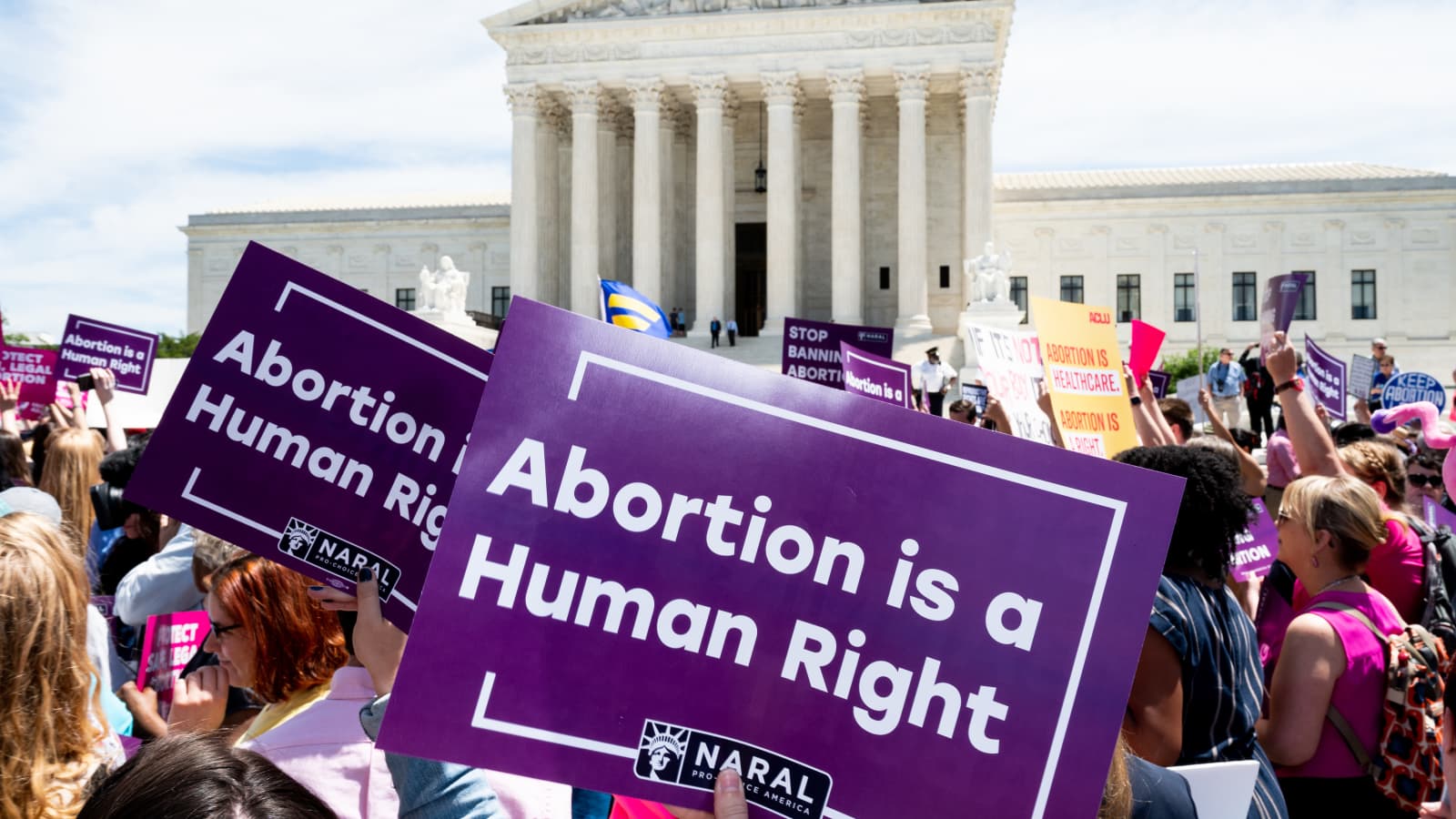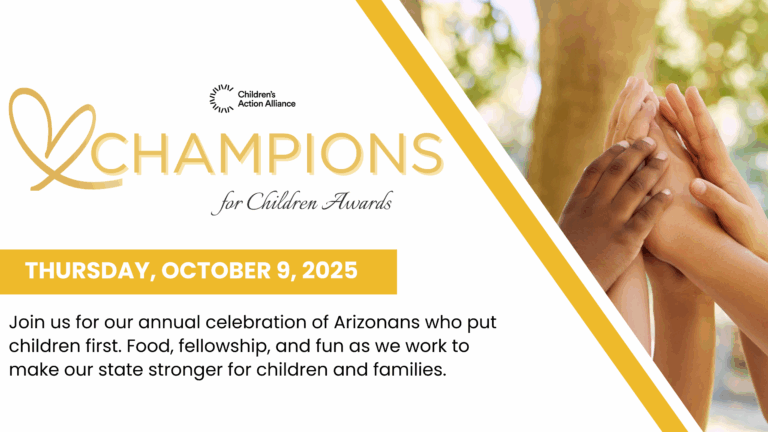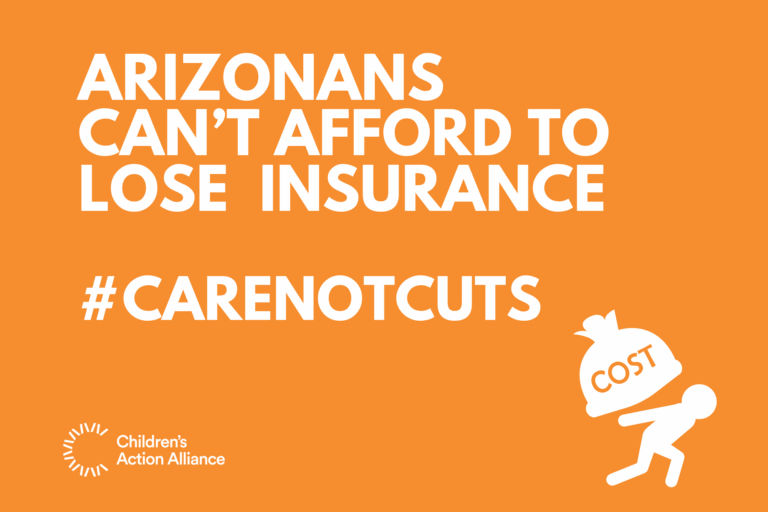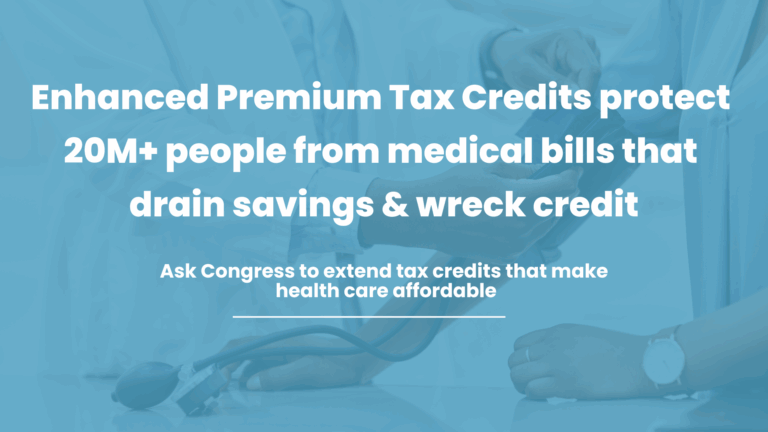
Abortion is More Than Health Care
Children’s Action Alliance envisions an Arizona where all children and families can thrive. We cannot stay silent about today’s decision by the Supreme Court of the United States to overturn Roe v. Wade.
Today’s decision will not stop abortion in our state – not for those with resources. But it will prevent Arizonans from exercising their right to make informed decisions about their health care, maintain autonomy over their bodies, and to choose when and how to start a family.
Abortion is health care – and it’s so much more. Abortion is financial security. It’s an education. It’s the ability to plan for a better future. Without that choice, Arizonans will continue to fall prey to a system that’s designed to benefit those with means by harming those without.
For over three decades, CAA has been advocating for children and families. For over three decades, our state lawmakers have systematically denied these families the tools to build a better future. There has rarely been anything “pro-life” or “pro-family” about how our state invests its resources.
Since our nation’s founding, Black, Indigenous, and People of Color have been forced to fight for the most basic of rights: control of their own bodies. From slavery and colonization to the Tuskeegee study and forced sterilization to today’s unacceptable maternal mortality rates for BIPOC individuals, the United States government and its institutions have maintained White supremacy through conscious restriction of reproductive rights.
The state of Arizona is equally complicit in this subjugation.
Each year Arizona receives millions in federal TANF dollars. Most states use these funds to provide flexible assistance to families struggling to afford rent, utilities, diapers, medicine. But only a tiny portion of Arizona’s TANF money is invested in keeping families clothed, fed, and housed. The lucky few who do receive assistance through the program are wound up in red tape and reporting requirements and lose access to aid after just two years.
It's no wonder, then, that Arizona families struggle to pay rent, put food on the table, and provide the essentials. And it’s no wonder that 92% of DCS referrals are not a result of physical or sexual abuse, but neglect – insufficient shelter, poor nutrition, inadequate childcare, unmet medical needs.
Seven in ten Black children in Maricopa County will experience a DCS investigation at some point in their childhood, and Black parents are four times as likely to have their parental rights severed by the state. Arizona’s standard TANF payment for a family of four is just $335 per month; by contrast, foster parents in the state are paid an average of $700 per child per month, which does not include additional costs assumed by the state when a child enters DCS care.
It should not come as a surprise that the vast majority of foster caregivers in the state are White.
It’s not just a lack of financial assistance that hinders Arizona families’ ability to be well and stay together. Inequity is baked into our health care systems. One in four American Indian children in Arizona is uninsured, despite being disproportionately likely to qualify for AHCCCS or KidsCare; though centuries of treaties are supposed to assure Tribal members access to health care, the US government has never adequately funded the Indian Health Service or other Tribal health programs. Unsurprisingly, Indigenous individuals in Arizona are nearly four times as likely to die during or in the year after pregnancy. Despite being more likely to work year-round, Latinx households are less likely to have access to employer-sponsored health coverage. Black and Latinx children are more likely to be impacted by chronic diseases like Asthma, but less likely to have access to preventive care to keep them out of the hospital and stave off medical debt.
Today’s decision reminds us why it is so critical for Arizonans to select leaders at every level who will prioritize health care, economic supports, and reproductive justice.




